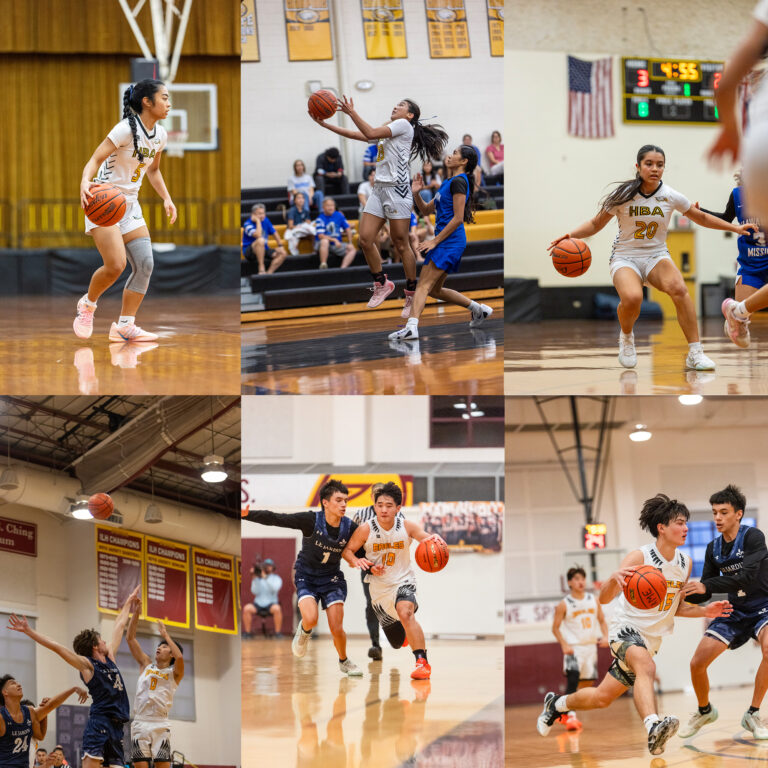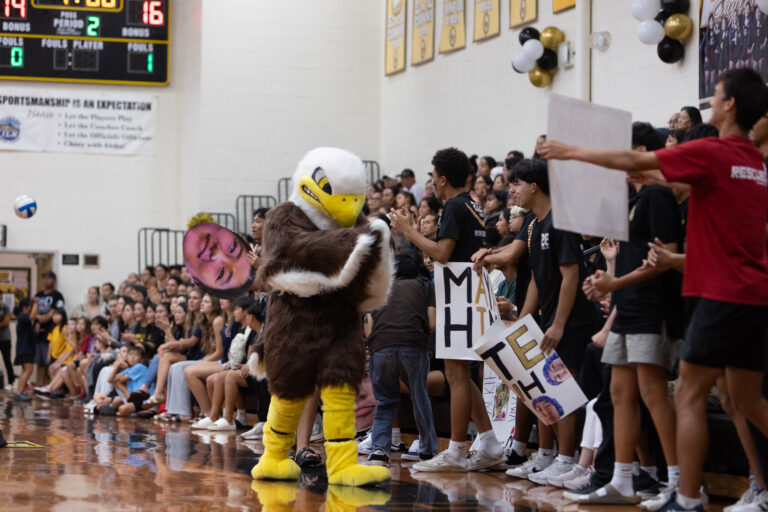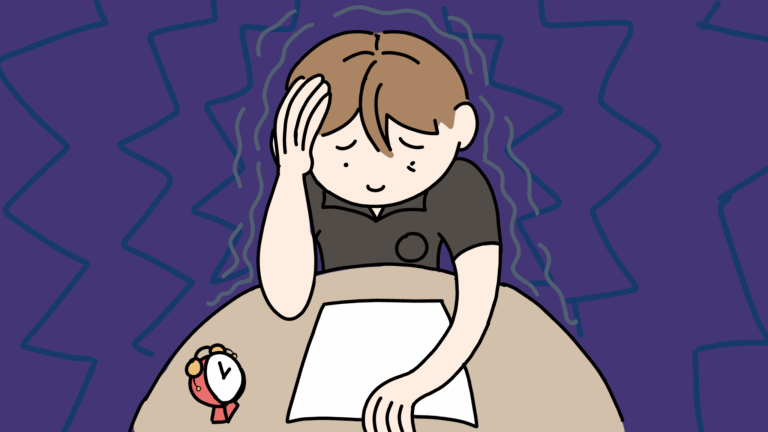ChatGPT, the cutting-edge language model developed by OpenAI, has been making waves in the tech industry for its ability to generate human-like text. As the Eagle Eye of Hawaii Baptist Academy, I had the opportunity to test out ChatGPT and its capabilities firsthand. In this article, we will hear from Hawaii Baptist Academy teachers and students about their thoughts on the potential of this technology. From its natural language processing skills to its ability to complete tasks such as writing news articles and conducting research, ChatGPT is revolutionizing the way we interact with technology and how it can be used in education.
The introduction above was written by the artificial intelligence ChatGPT based on the prompt “Write an introductory paragraph for a news article about ChatGPT. The author of this article will be the Eagle Eye, from the school Hawaii Baptist Academy. Include the fact that Hawaii Baptist Academy teachers and students will be interviewed in this article about their opinions on ChatGPT.” Even though the result may have awkward constructions—“As the Eagle Eye of Hawaii Baptist Academy”—the writing is above par for a first draft by an average high school student.
The capabilities of this AI technology has led many to question the unethical ways the program could be used, with the most obvious being students using the technology do their assignments. However, the AI can also perform many helpful, and less controversial tasks. You can ask it for detailed workout plans or meal instructions. Essentially, it’s a very advanced Google search, compiling information from the internet into an organized format or style.
Bible teacher Tony Traughber believes that this kind of technology could lead teachers to revert back to pen and paper and in-class essays. However, he also sees how it can be beneficial to teachers. “I think the debate that you see going on in certain circles is that a writing assignment is often just a regurgitation of facts, which this AI does really well. And if it’s just busy work, then maybe it’s a reminder that teachers shouldn’t be giving busy work out, even though it’s still important to know stuff,” he said.
AP Computer Science teacher Jonathan Lee points out that people need to consider the philosophical and ethical questions behind the use of AI. He wrote, “I always challenge myself to ask myself whether I am giving up convenience for privacy/individuality.” Lee’s point is one that many have brought up about AI: If humans let AI take over creative endeavors, such as writing and art, do they lose what makes them human? Some argue that somewhere, there is a line that must be drawn.
Senior Gino Caruso has a less skeptical take on AI; he believes that AI is beneficial not only to society, but also to education. He said, “Hopefully schools won’t push back against it and they’ll see it as a good thing. It’s not all of a sudden once you’re out of school, you can’t use it. Imagine being able to write a report to your boss with AI at the same quality as your own writing. Your boss doesn’t care.” In addition, Caruso finds that AI can often explain complicated ideas in an easy to digest manner. “It isn’t like the internet, like just going on to a website and seeing it dump a bunch of information. It feels like having a conversation with someone who intimately knows the subject.”
There are an increasing number of tasks that AI is able to do. For instance, according to a Business Insider article, ChatGPT has already been able to pass a bar law exam and a medical licensing exam. Recently, United States House Representative Jake Auchincloss presented a speech on the House floor written by ChatGPT about advancements in AI. However, as Lee notes, “Whenever we remove human-relational or social qualities from our use of technology, I become concerned about isolation. Ultimately, I believe we humans are uniquely endowed with attributes that will forever be unique to us and only us–things like true love, creativity, curiosity, and free choice.”







